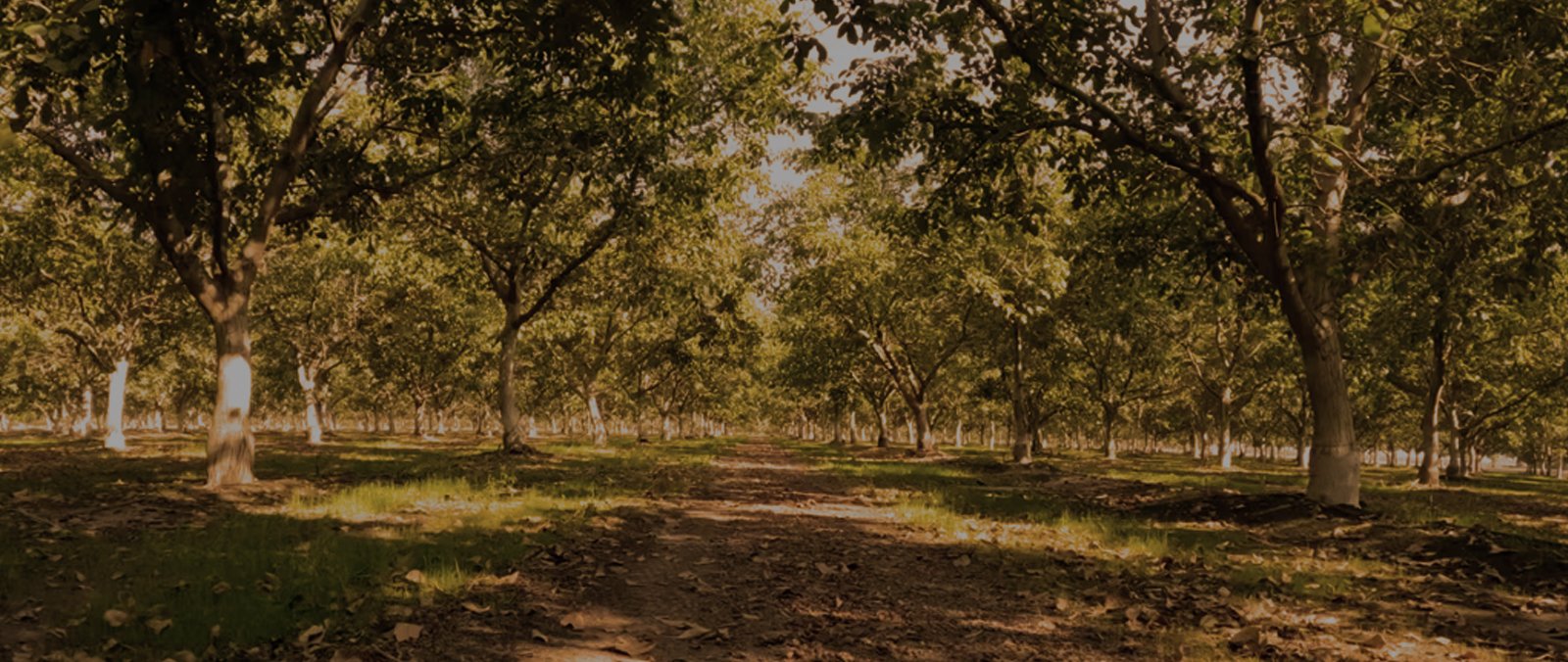
CROP SPRAYING AND FERTILIZATION
- Precise Application - When it comes to crop spraying and fertilization accuracy is key. INS helps maintain positioning and control of the spraying equipment ensuring that chemicals or fertilizers are applied where they are needed. This precision is essential for optimizing crop health and yield while minimizing any wastage.
- Accurate Coverage - INS ensures that the entire field receives coverage. By providing real-time information on the vehicles position and orientation it guarantees that the spraying or fertilization process covers all designated areas without any overlap or gaps. This helps prevent use or inadequate application of inputs promoting resource efficiency.
- Operational Efficiency - Thanks to Inertial Navigation Systems, crop spraying and fertilization equipment can operate autonomously or semi autonomously. This increases efficiency by enabling the equipment to navigate predefined paths independently thereby reducing the need for manual intervention.
- Adaptability to Terrain - Agricultural fields can have terrains. INS allows the equipment to adapt accordingly. The system can adjust the application rate based on varying terrains ensuring coverage on slopes or irregular surfaces.
Inertial Navigation Systems prove invaluable in agriculture as they contribute to application techniques, accurate coverage across fields, enhanced efficiency through autonomous capabilities, and adaptability to different types of terrain. Reducing Environmental Impact: Precisely applying fertilizers and pesticides benefits the health of crops. It promotes environmental sustainability. By minimizing application, INS helps lower the risk of runoff and contamination in ecosystems, supporting responsible and sustainable farming practices.
- Integration with Variable Rate Technology (VRT) - INS can be seamlessly integrated with VRT systems enabling application rates based on field requirements. This ensures that inputs are applied according to the varying needs of crops optimizing resource utilization.
- Uninterrupted Operations - Inertial Navigation Systems are not solely reliant on signals like GPS. This makes them suitable for situations where GPS signals may be obstructed such as canopies or urban environments. As a result operational continuity is maintained in conditions.
- Data Logging and Analysis - INS can record data on vehicle movements and application rates providing information for application analysis. Farmers and agronomists can utilize this data to evaluate the effectiveness of spraying or fertilization processes, make decisions and optimize applications.
In conclusion, Inertial Navigation Systems enhance precision, efficiency and environmental sustainability, in crop spraying and fertilization activities.
They play a role in promoting the implementation of precision farming techniques, which ultimately result in crop productivity and a reduced negative impact on the environment.
Contact Us for more information.
